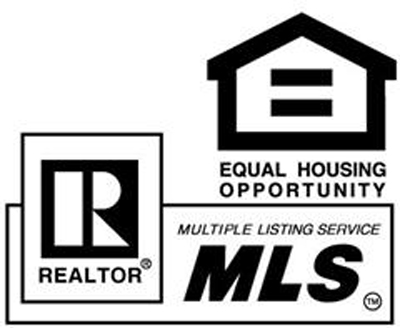For renters who aspire to be home owners, transitioning from an apartment to a house requires a shift in their thinking that they may not be prepared to make. The financial changes that come with owning, the need to consider planting longer-term roots in a neighborhood, and new neighborhood rules are things renters may not be thinking about enough.
As their real estate agent, it’s important for you to be there for your clients when they’re embarking on a life-changing event such as buying a home.
Moving can already be one of the most stressful times in a person’s life, but it may be doubly so for a new home owner. In order to be their most reliable resource, using your knowledge and experience to provide them with guidance, share these helpful nuggets of information with your clients so their transition from renter to owner can be as smooth as possible.
They need to understand how their financial investment is changing. Renters may see an increase in their monthly rent every lease term, but they don’t see exactly where it goes — toward property taxes and insurance, even “luxuries” such as trash pickup. As home owners, they don’t have a landlord who handles all those details, so they need to be ready to juggle the financial responsibilities of home ownership. Have an open conversation with your clients about these changes and the importance of budgeting to make sure they make smart financial decisions during this process.
They need to be happy with their location for the long-term. As a renter, you can bounce around from home to home every year if you want. But when you own a home, you have to stay put — unless you plan on renting it out, which most home owners don’t. Impress upon your client that location is going to play a much more significant role in their future, so they should think about evaluating school districts, access to amenities, and commute time now as they search for their next home.
They may need to abide by new rules. Renters don’t think about possible homeowner association rules they may be governed by, such as trash pickup rules or any curfews or rules pertaining to animals. Make sure to get all the information on neighborhood rules and associations to help your client understand what their new obligations will be.
They’ll need to get into the mindset of an owner. Life as your client knows it is about to change. Once your client purchases a new home, they will no longer have a landlord to tend to their many needs, including lawn care and plumbing. The best way you can help them as their real estate agent is to provide them with contact information for local industry experts. They will eventually need certified specialists ranging from HVAC companies to carpenters to electricians. Let them know they don’t have to do everything themselves.
They should know their neighbors can affect their value. Renters don’t care who their neighbors are as long as they’re quiet (enough). But your client is now going to want to know whether their new neighbors are renters or home owners. This knowledge can help your clients gauge current and future home value in the neighborhood. If the neighborhood consists mostly of rental properties, it is likely a home owner will lose money on their house in the future. Renters do not always feel responsible for maintaining their properties the way home owners do. Property value comes down to curb appeal. Less-appealing neighborhoods often have more-appealing prices, which is not always good for buyers and home owners.
Source: Rob Rimeris is owner of EverSafe Moving Co. in Philadelphia. EverSafe is a five-star, full-service company that offers affordable moving and storage services.


